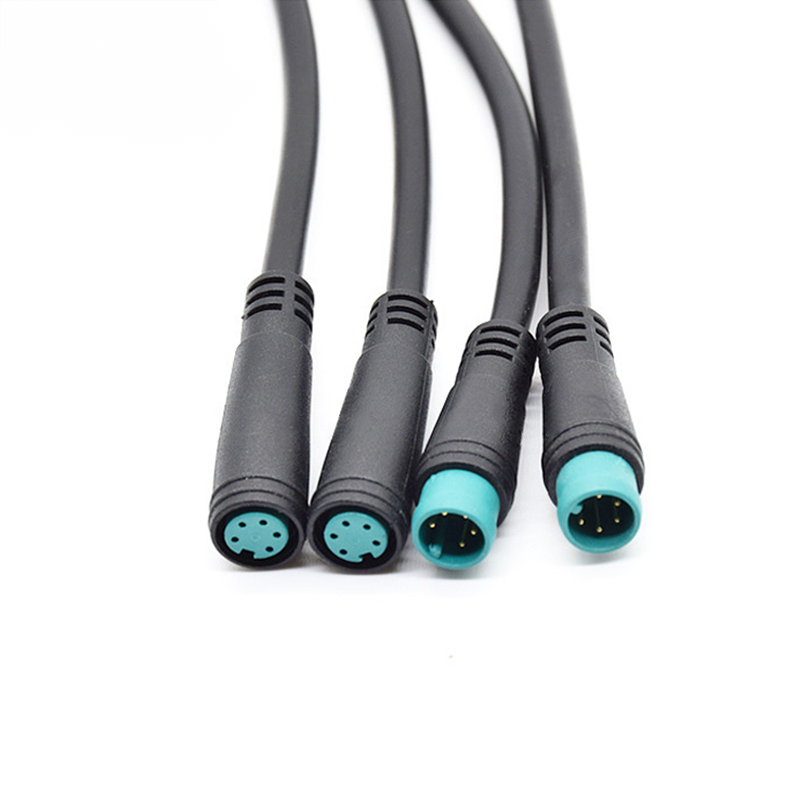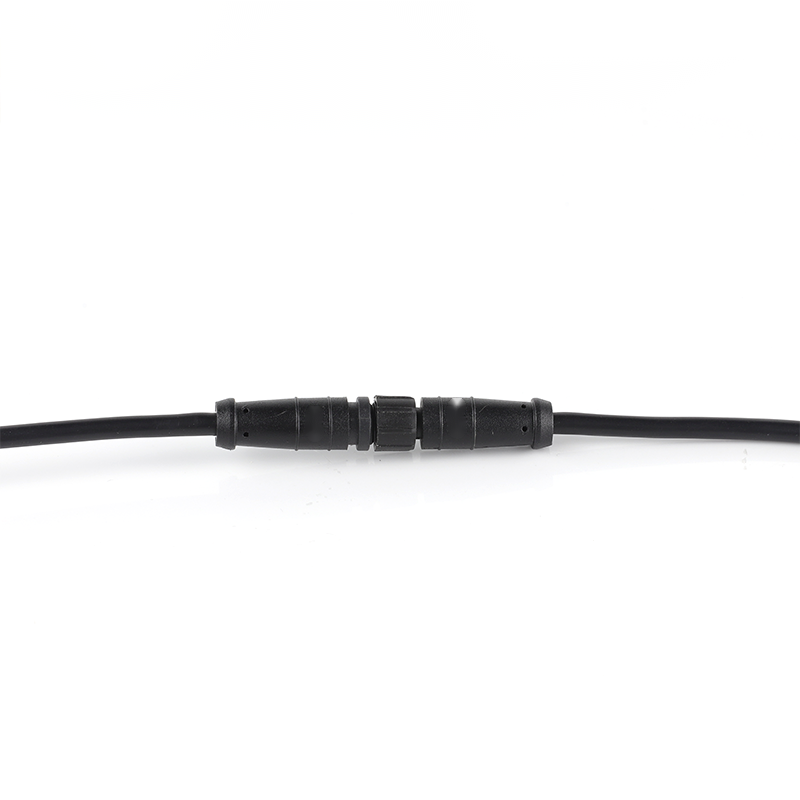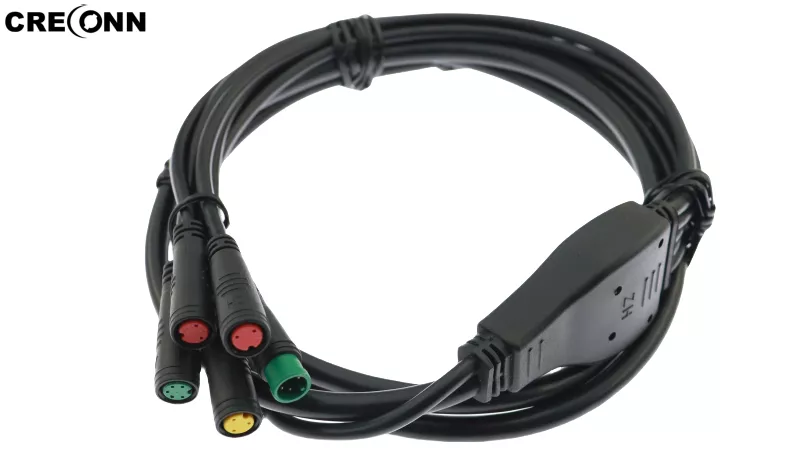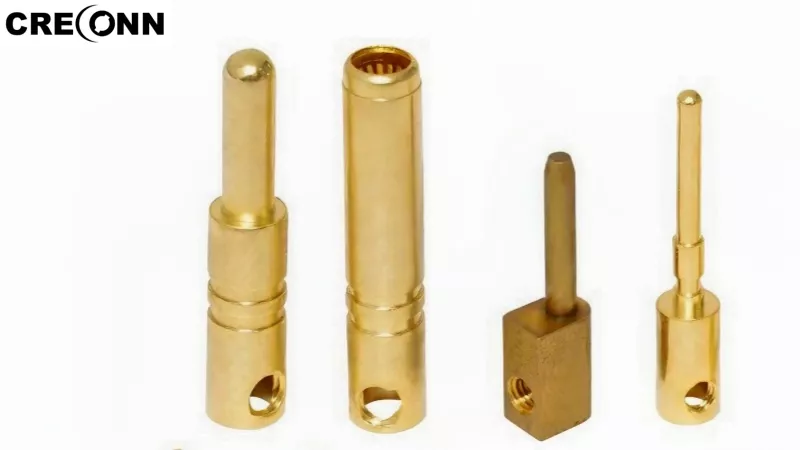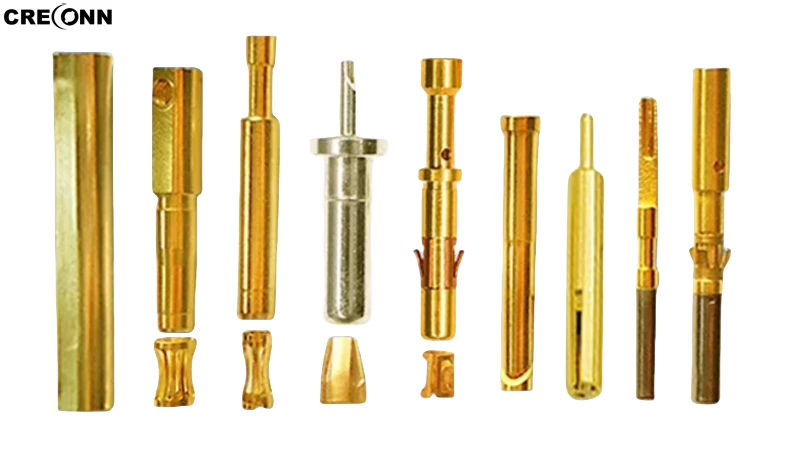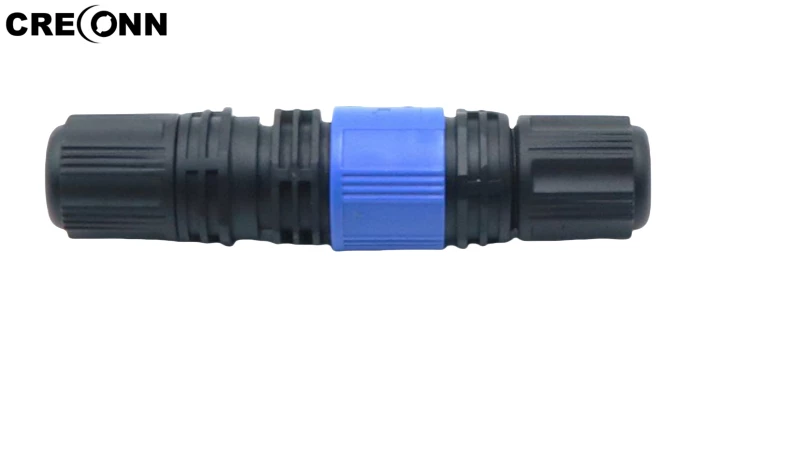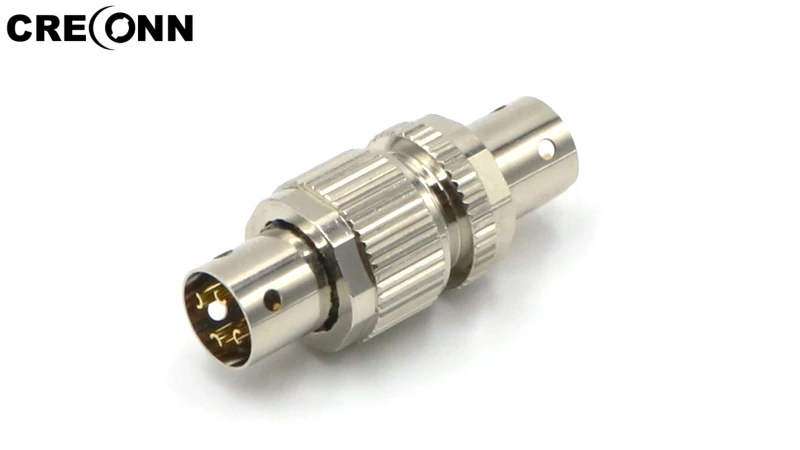The correlation between PBT, 6T, 9T, LCP plastic materials and busbar connectors
When producing busbar connectors, plastic materials are often used, and the commonly used plastic materials include PBT, 6T, 9T, and LCP. Do you know the difference between these four plastic materials? Changjiang Connectors will take you to learn, analyzing and explaining the quality, temperature resistance, and price of four plastic materials: PBT, 6T, 9T, and LCP. Let's learn together.
Firstly, PBT plastic material
Usually used in the production of 2.54 pitch 180 degree/90 degree busbar, the welding temperature resistance is only about 200 degrees. Due to its low cost, high strength, and friction resistance compared to other materials, this material still has many customers to choose from. However, the use of this material has poor formability, severe shrinkage, and the phenomenon of plastic melting occurs during wave soldering due to the low melting temperature.
Secondly, 6T plastic material
This material is generally used on 2.54 spacing SMT busbar and 1.27 spacing/2.0 spacing series busbar. Due to its resistance to welding temperature of 260 degrees Celsius and a maximum instantaneous temperature of 290 degrees Celsius, the cost of using this material to produce busbar connectors is slightly higher. Choosing this material is generally based on customer quality requirements for the product.
Third, 9T plastic material
This material is similar to 6T plastic material and is generally used on 2.54 spacing SMT bus bars and 1.27 spacing/2.0 spacing series bus bars. The welding temperature is 260 degrees Celsius, and the maximum instantaneous temperature can reach 300 degrees Celsius. Due to the high cost of using this material, customers usually use 9T plastic material to produce connector products due to special needs.
Fourth, LCP plastic materials
This material can be used in the production of various spacing series of busbar connectors, with a welding temperature resistance of 260 degrees and a maximum instantaneous temperature of 320 degrees. Because using this material has a small coefficient of linear expansion. Injection molding has a low shrinkage rate, outstanding strength and elastic modulus, as well as excellent heat resistance. It has a high load deformation temperature, so some can reach over 340 degrees. LCP also has excellent chemical resistance and airtightness. Therefore, LCP material is the first choice for connectors, especially those that require SMT. Due to the high cost of materials, it is generally only special customers who require this type of material.
Regarding the plastic materials used for the busbar connector, there are four types: PBT, 6T, 9T, and LCP. We will determine which type to use based on the customer's needs, mainly depending on whether the customer's product has quality requirements for the material and whether the unit price is acceptable. We welcome users to contact Changjiang Connectors for consultation.


